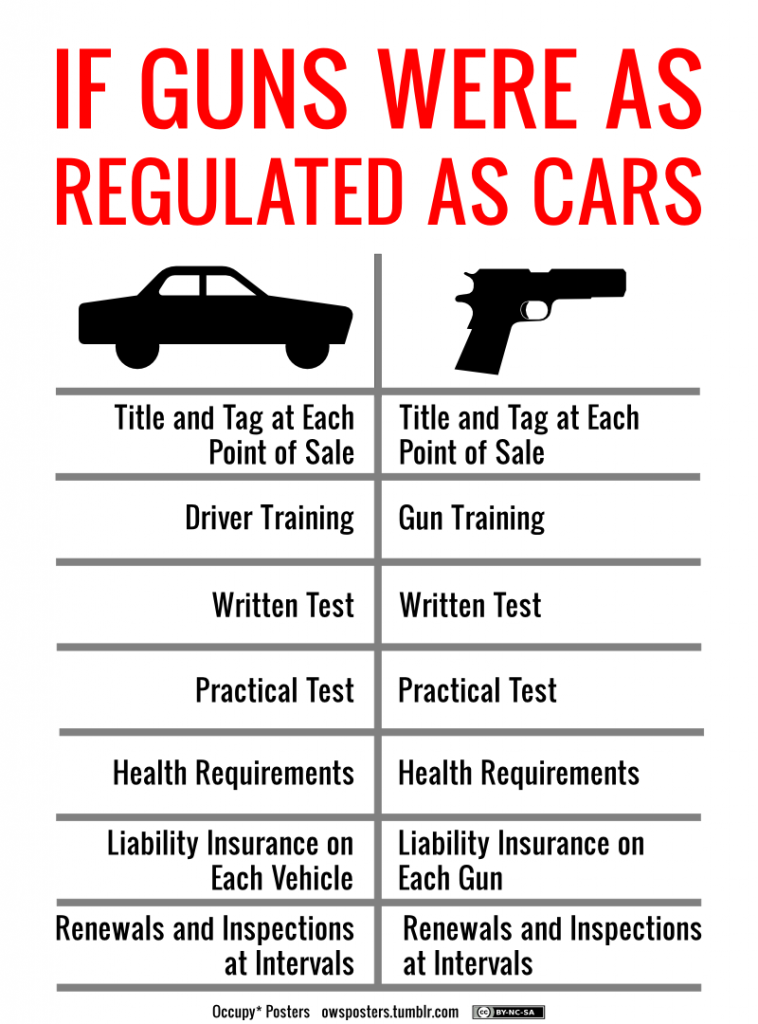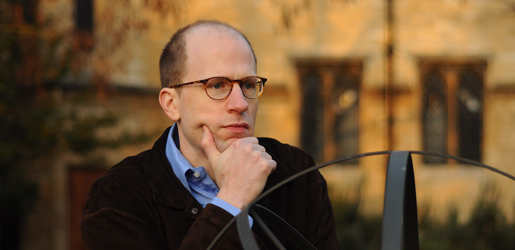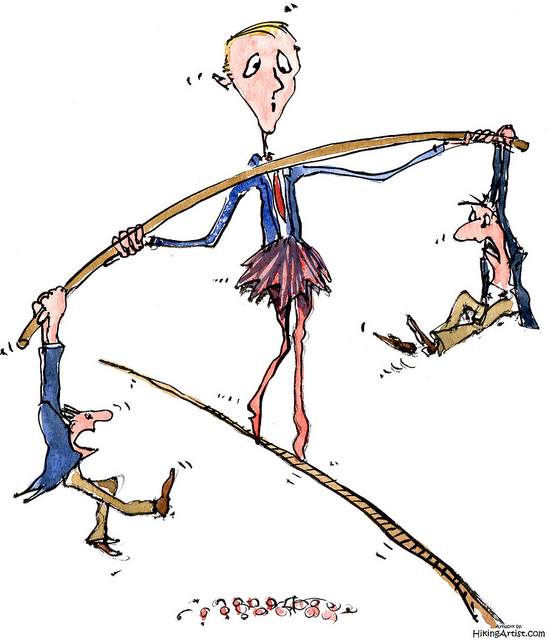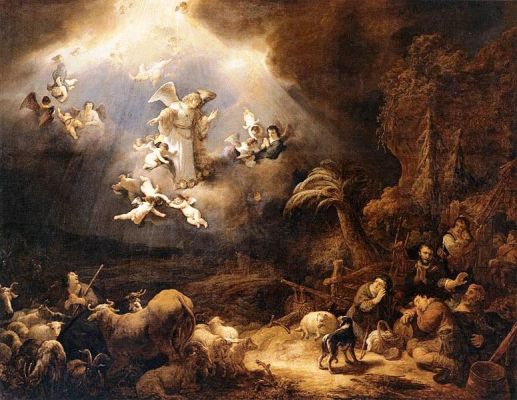God never hurries,
Is never anxious or pressing,
God just waits,
Breathing gently upon us
With great tenderness
Until we look to God -
And, knowingly,
Nod.
Edwina Gateley
Source: I Hear a Seed Growing
From: inward/outward
We should maintain that if an interpretation of any word in any religion leads to disharmony and does not positively further the welfare of the many, then such an interpretation is to be regarded as wrong; that is, against the will of God, or as the working of Satan or Mara.
Buddhadasa Bikkhu, a Thai Buddhist Monk
 In a world where climate change has become a fact of life and pollution remains a horrendous global challenge, we have to wonder whether or not the human race can survive its own success as a species—"success" here measured by our ability to proliferate across the face of the Earth (and, quite possibly, beyond the Earth). Sometimes, it feels like we are losing the battle for survival by fouling our planetary nest to the point that it will no longer be able to sustain human life.
In a world where climate change has become a fact of life and pollution remains a horrendous global challenge, we have to wonder whether or not the human race can survive its own success as a species—"success" here measured by our ability to proliferate across the face of the Earth (and, quite possibly, beyond the Earth). Sometimes, it feels like we are losing the battle for survival by fouling our planetary nest to the point that it will no longer be able to sustain human life. |
| source: skepticink.com |
 |
| Prof. Nick Bostrom
source: www.nickbostrom.com
|
 |
| Spinning Wheel Illusion
Source: www.ankeshkothari.com
|
 I'd like to focus on Paul's injunction, above, to "not be conformed to this world." On the face of it, that seems like good advice for those of us who seek to live the Christian life—depending on how we understand what Paul meant. The central tradition in translating this verse beginning with the King James Bible (KJV) right down to the Good News Bible (TEV) and the New Revised Standard Version (NRSV) has been to take Paul's words to mean that we are to be non-conformists when it comes to the "ways of the world." That can be taken in at least a couple of ways.
I'd like to focus on Paul's injunction, above, to "not be conformed to this world." On the face of it, that seems like good advice for those of us who seek to live the Christian life—depending on how we understand what Paul meant. The central tradition in translating this verse beginning with the King James Bible (KJV) right down to the Good News Bible (TEV) and the New Revised Standard Version (NRSV) has been to take Paul's words to mean that we are to be non-conformists when it comes to the "ways of the world." That can be taken in at least a couple of ways. |
| Brontosaurus - the critter that never was |
 |
| Christ and the Buddha
Carlos di Sequeira
|
 In a democracy, government runs on compromise (or, seeking a "meeting of the minds" if one just can't accept the word "compromise" as a word). One cannot govern if one cannot compromise—in a democracy. There is a word for government not based on compromise: dictatorship. The real political struggle in our nation today is not between conservatives and liberals. It is between those who are willing to compromise and those who are not. When a politician or a political party is not willing to affirm the fundamental significance of compromise, we need to vote that politicians out of office asap. She or he is dangerous to our fundamental democratic values, which is majority rule built on respect for and protection of minority concerns.
In a democracy, government runs on compromise (or, seeking a "meeting of the minds" if one just can't accept the word "compromise" as a word). One cannot govern if one cannot compromise—in a democracy. There is a word for government not based on compromise: dictatorship. The real political struggle in our nation today is not between conservatives and liberals. It is between those who are willing to compromise and those who are not. When a politician or a political party is not willing to affirm the fundamental significance of compromise, we need to vote that politicians out of office asap. She or he is dangerous to our fundamental democratic values, which is majority rule built on respect for and protection of minority concerns. |
| "Angels Announcing the Birth of Christ..." (G. Flinck) |
 |
| "Angels Announcing the Birth of Christ..." (G. Flinck) |
 |
"The Truth" by Michael D’Antuono
Source: /www.boston.com |
 |
| Still Not Good for Us |